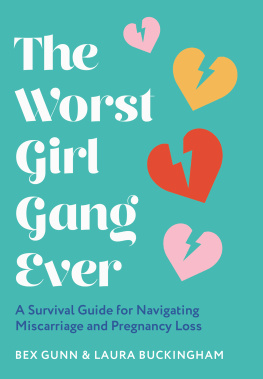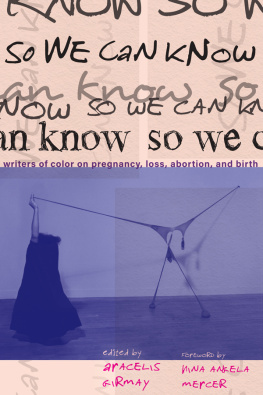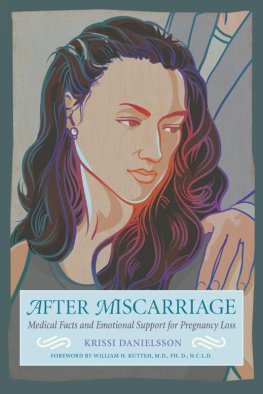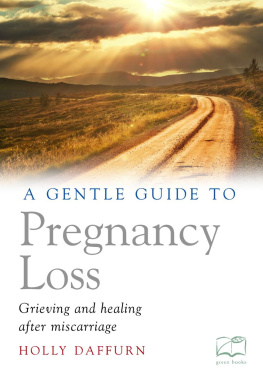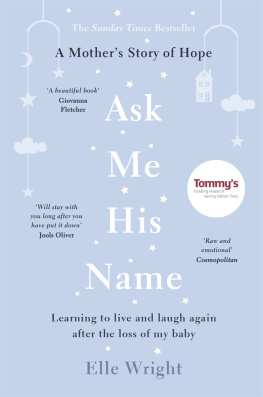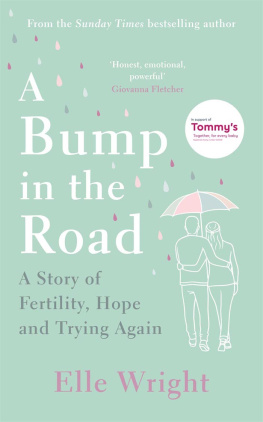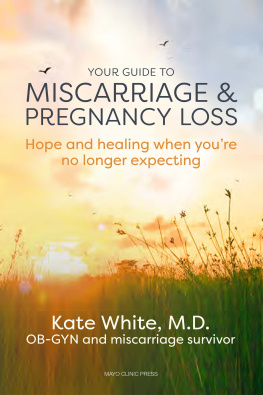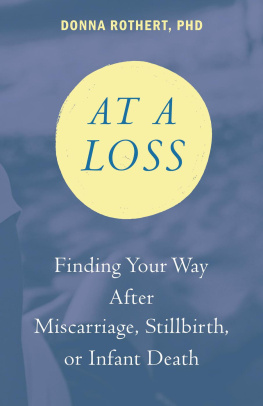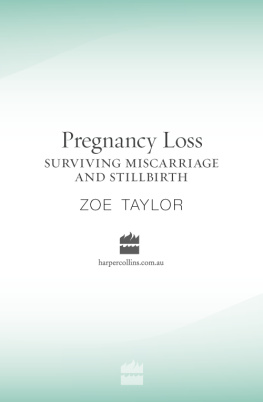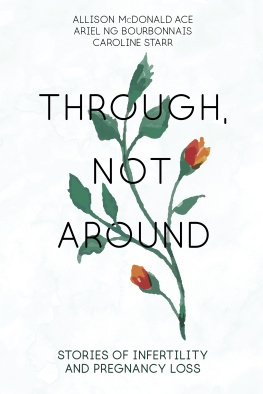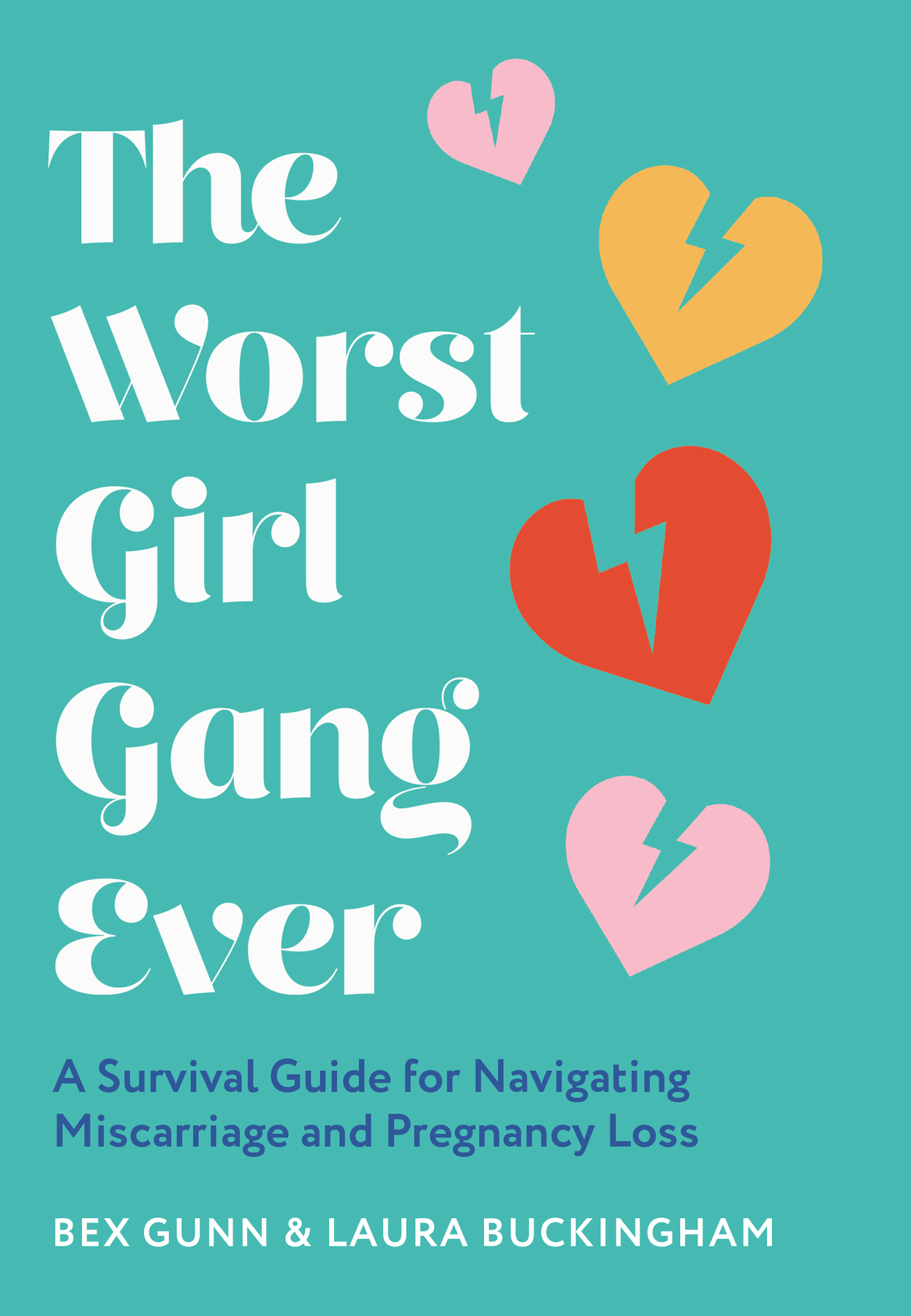An imprint of HarperCollins Publishers Ltd
1 London Bridge Street
London SE1 9GF
First published in Great Britain by HQ in 2022
Copyright Bex Gunn and Laura Buckingham 2022
Bex Gunn and Laura Buckingham asserts the moral right to be identified as the author of this work.
A catalogue record for this book is available from the British Library.
All rights reserved under International and Pan-American Copyright Conventions. By payment of the required fees, you have been granted the non-exclusive, non-transferable right to access and read the text of this e-book on-screen. No part of this text may be reproduced, transmitted, downloaded, decompiled, reverse engineered, or stored in or introduced into any information storage and retrieval system, in any form or by any means, whether electronic or mechanical, now known or hereinafter invented, without the express written permission of HarperCollins.
Ebook Edition August 2022 ISBN: 9780008524975
Version 2022-07-13
This ebook contains the following accessibility features which, if supported by your device, can be accessed via your ereader/accessibility settings:
- Change of font size and line height
- Change of background and font colours
- Change of font
- Change justification
- Text to speech
- Page numbers taken from the following print edition: ISBN 9780008524951
To all the baby loss warriors navigating their own shitstorm:
We know its dark, but weve got you.
Contents
Being alone can be lonely. But feeling alone when surrounded by others is perhaps the most isolating of all experiences.
If this rings true for you, then you have come to the right place.
Baby loss is like learning a new language and forgetting how to speak the old one. You can tell your story openly and honestly in a room full of people, but if no one can speak the same language as you, they wont understand. They will try; they might ask you to speak more slowly, or more clearly, but ultimately, they will not fully grasp what you are saying.
They may smile and nod, trying to look for common ground, or they might avoid you completely, finding it easier to ignore you than to struggle to understand what you are saying.
You might end up feeling as though you are boring to be around, like you bring down the mood. You feel that no one gets you and this new language is uncomfortable. Youre not used to it either its hard enough trying to learn all the words yourself, let alone teaching them to anyone else. Its exhausting. And then you stumble across someone and you recognise a word or two you realise that although youre both struggling a little to navigate the vowels, or articulate the narrative, you can actually understand one another.
This is us. This is our new language. It is the language of baby loss. It is a language built from pain, and it is a language we need to teach others.
Welcome to our gang.
Firstly, we are so, so sorry that you find yourself here. It really is the gang that youd never choose to be part of, but, as youll soon find out, this is also a gang chock-a-block with kind, supportive warrior women just like you.
There is a huge misconception that if your baby dies before he or she is born, they dont count. The experience is swept under the carpet because they never made it to the real world. But your baby doesnt just become real at the point of birth, they become real at the point of conception and even before that, through dreams and hopes of motherhood. The point at which your baby dies during pregnancy has no bearing on the reality of your child. It is a life youve been planning and dreaming of, probably for years and cannot be measured in the days and weeks of gestation.
The idea of being a mother, for many of us, certainly comes years before we are in any sort of position even to contemplate having children. Thats a considerable amount of time to think about something, to plan it, to allow your dreams to play out. So many of us have chosen names. Weve pictured in our minds the holidays, the Christmases, the tiny little fingers, the schools, the cuddles so in reality, the positive on a pregnancy test those two little blue lines simply pull everything from years of daydreams into a new reality: a physical one. Is it any wonder, then, that when we miscarry, when we lose the baby that has been so settled in our hearts and minds since we were little girls, it is utterly devastating?
And yet we worry that we are not entitled to grieve. We worry that our grief is disproportionate to our loss.
We are here to tell you: its not. When we experience this loss, we are grieving both the physical baby that wont ever make it into our arms, and the heart-breaking realisation that the world we have grown up creating in our minds, and believing in and trusting in, is not as we thought.
And ON TOP OF ALL THAT, we are expected to grieve quickly and quietly. To just get over it. To not make a fuss. And not look back. And not make a big deal of it in case it makes others feel awkward. AT LEAST: we bet youve heard those loaded two words a few times! Some people will say things like, At least it was early, or, At least you already have kids, to try to make you feel better when, actually, its bloody unhelpful, completely invalidates your experience and makes you feel you have no right to grieve. Well, you do! We all do. We at The Worst Girl Gang Ever share all these feelings and we have completely got you.
By picking up this book, you have realised the importance of sharing and making others aware of this very raw and very sad reality. According to our friends at Tommys, the baby-loss charity, one in four pregnancies will end in miscarriage. One in four That is a huge statistic. Its a huge proportion of pregnancies. So why do we not talk about it? Perhaps because its too visceral, too private. Miscarried babies never breathed air or saw light; we dont have a language for them.
Fundamentally, its a historic issue. It dates back to when things like periods, sex and childbirth werent talked about.
And what about the twelve-week rule, whats that all about? Why do we feel that we have to keep our pregnancy a secret until then? Is it superstition? Will telling people cause us to miscarry? And will not telling people mean that we wont? Absolutely not. So why? Well, before ultrasounds became commonplace in the 1970s, it was the social norm to keep quiet until you started to feel foetal movements or at least until you had missed a period or two. And talking about anything to do with our lady parts was strictly off-limits too. And even today, when successful campaigns are launched to raise awareness about female health issues free sanitary products available in schools, for example there is still a huge vacuum of information when it comes to the things women have to deal with. And stigmas are sticky little f**kers to break and change. Its time to smash the patriarchy!

